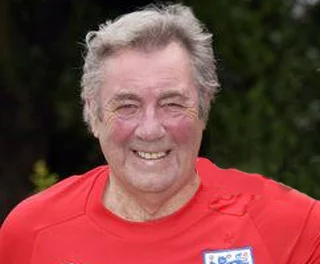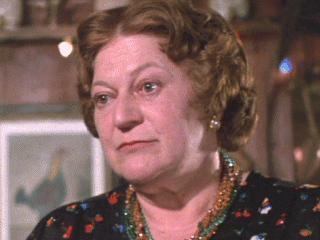 Takao Sakurai (桜井 孝雄 Sakurai Takao) (September 25, 1941 – January 10, 2012)[1] was a professional boxer who won the gold medal at the 1964 Summer Olympics died from esophageal cancer he was 70..
Takao Sakurai (桜井 孝雄 Sakurai Takao) (September 25, 1941 – January 10, 2012)[1] was a professional boxer who won the gold medal at the 1964 Summer Olympics died from esophageal cancer he was 70..Amateur career
Born in Sawara, Chiba, Sakurai began boxing in high school, keeping his training secret to his parents. Although there was no trainer in his high school, Sakurai won the Japan's inter-high school championship in the bantamweight division in 1960.[2][3] Then he entered Chuo University,[2] and won the All-Japan Amateur Boxing Championships in the bantamweight division in 1963.[3] Sakurai captured the Olympic boxing gold medal at the 1964 Tokyo Olympics in his senior year. In the finals, he knocked down his opponent 3 times in 2 rounds, capturing the win by RSC, and becoming the only Japanese boxer ever to win Olympic gold. His record in the amateurs was 138-13.[2]Olympic results
- Defeated Brian Packer (Great Britain) 4-1
- Defeated Cassis Aryee (Ghana) 5-0
- Defeated Nicolae Puiu (Romania) 5-0
- Defeated Washington Rodríguez (Uruguay) 5-0
- Defeated Chung Shin-Cho (South Korea) RSC
Professional career
Sakurai's feat in the Olympics heightened hopes for his professional career, and he made his professional debut from Misako Boxing Gym[2] in March, 1965. He won 22 straight fights,[2] but was unable to make a full transition from his cautious, amateur boxing style to a more aggressive, professional style. He could win only 4 fights by knockout out of his 32 professional fights.Sakurai challenged Lionel Rose for the world bantamweight title on July 2, 1968. He got a knockdown in the 2nd round,[2] but ended up losing by decision in 15 rounds. He suffered the first knockout loss of his career against Rubén Olivares in May, 1969 in a non-title match. Later that year, he won the OPBF bantamweight title, which he defended twice before announcing his retirement in 1970. His professional record was 30-2-0 (4KOs), and he was the top-ranked world bantamweight contender when he retired.
Post Retirement
Sakurai founded his own boxing gym One Two Sports Club, in Tsukiji, Chūō, Tokyo, and worked as a trainer there.[2] He was the first man to practice Koichi Wajima's "Frog Jump" punch under the guidance of Hitoshi Misako who is the president of Misako Boxing Gym where he trained during his career as a boxer.[4] His eldest son has also had a successful amateur boxing career, winning a national tournament in the featherweight division.Sakurai died of esophageal cancer in Tokyo at dawn on January 10, 2012,[2] the birthday of Hitoshi Misako.[5]
To see more of who died in 2011 click here









